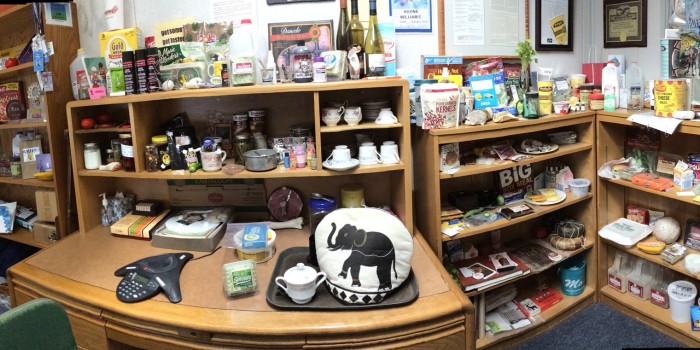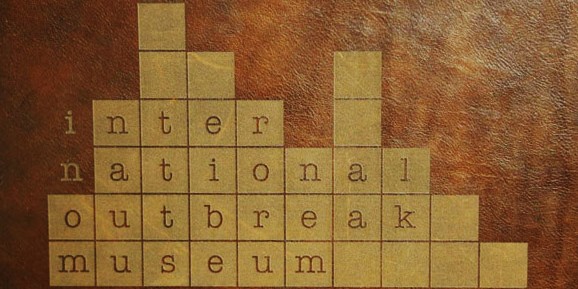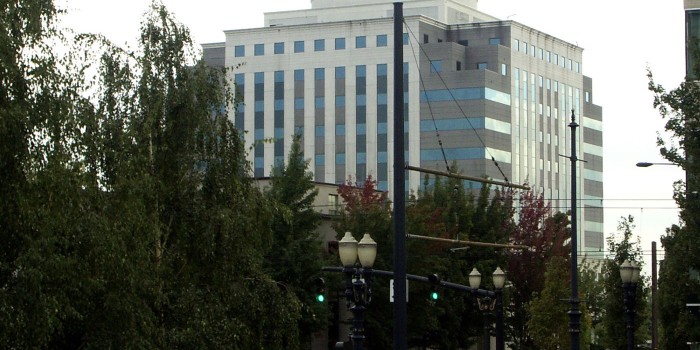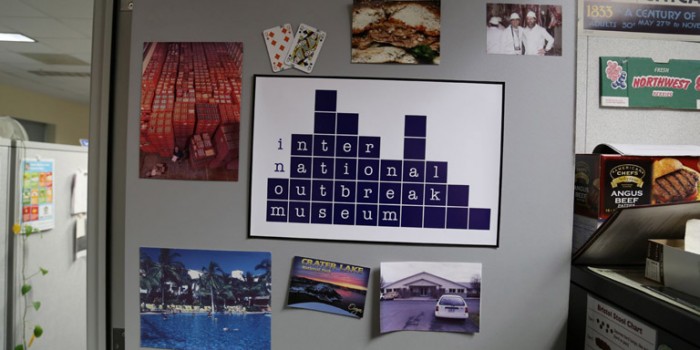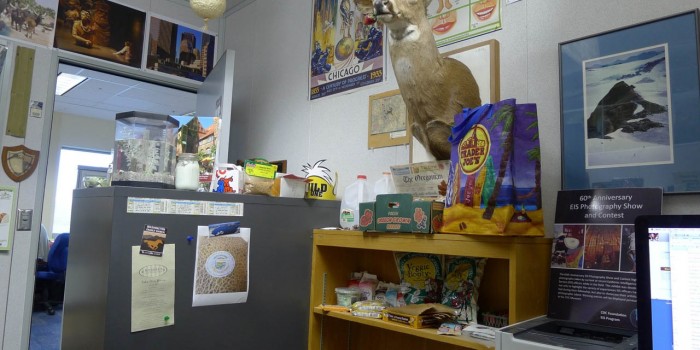The International Outbreak Museum began in the office of Dr. Bill Keene in his early years investigating infectious disease outbreaks at the Oregon state health department. Bill realized early on that outbreak investigations are very public opportunities to teach large audiences about the kinds of foods and products that can become contaminated and cause widespread dissemination of disease. From one of the very first (and still the oldest) exhibits, an actual box of “Rely Tampons” that associated with Toxic Shock Syndrome and Staphylococcus aureus in 1978, to painstakingly reproduced products (like Sally Jackson artisanal raw milk cheese), the physical museum includes some pretty cool stuff. We’ve got bunches of restaurant menus, cans of contaminated leather spray, bottles of MRSA-contaminated tattoo ink and equipment, and packaging from many products that were recalled from the market because they caused outbreaks and made citizens sick.
Our hope is that Dr. Keene’s museum can be used to share the fascinating stories behind outbreak investigations. Please consider submitting information about your latest investigation (even if you didn’t find a smoking gun).
The International Outbreak Museum is licensed under a Creative Commons Attribution-NonCommercial 4.0 International License.

In short, you are free to:
- Share — copy and redistribute the material in any medium or format
- Adapt — remix, transform, and build upon the material
Under the following terms:
- Attribution — You must give appropriate credit, provide a link to this museum, and indicate if changes were made. You may do so in any reasonable manner, but not in any way that suggests the museum endorses you or your use.
- NonCommercial — You may not use the material for commercial purposes.
- No additional restrictions — You may not apply legal terms or technological measures that legally restrict others from doing anything the license permits.
Notices:
- The licensor cannot revoke these freedoms as long as you follow the license terms.
- You do not have to comply with the license for elements of the material in the public domain or where your use is permitted by an applicable exception or limitation.
- No warranties are given. The license may not give you all of the permissions necessary for your intended use. For example, other rights such as publicity, privacy, or moral rights may limit how you use the material.

